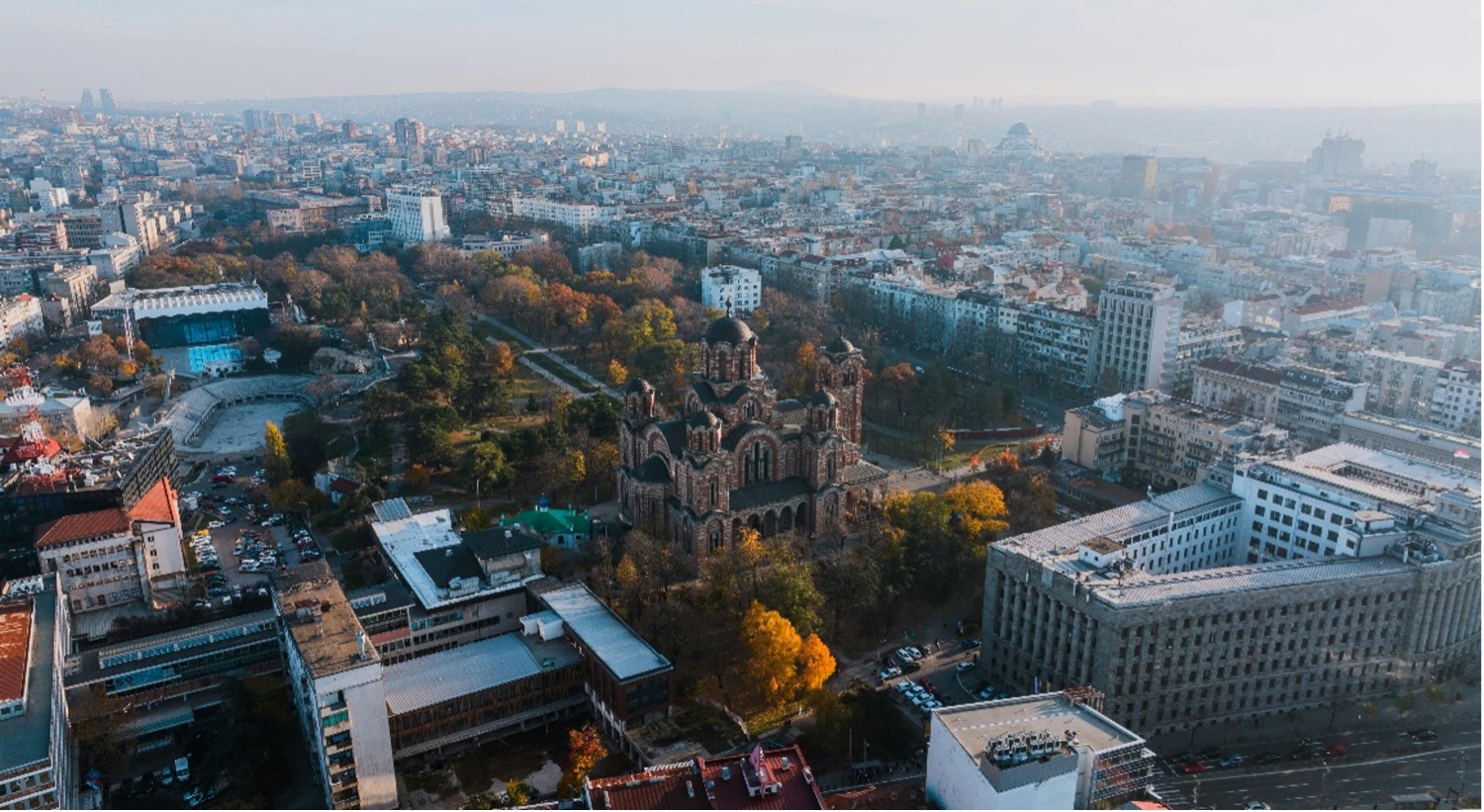
On October 22, 2025, the Serbian Government adopted the "Law on Special Conditions for the Registration and Entry of Rights to Real Estate“. This legislation aims to formalize approximately 4,8 million unauthorized orunregistered structures, many built without permits or with temporary ones before 2003, through a streamlined, digital process. Additionally, on October 2, 2025, the website was officially launched to facilitate this process.
The law targets completed residential, commercial, and certain auxiliary buildings visible in official mapping data, with applications due within a 60-day window starting 45 days after the law’s effective date. Decisions are promised within 60 days, with low fees: €100 for most properties (e.g., rural homes up to 500m²), up to €1.000 for urban residential properties, and €10 per m² for commercial ones. The law focuses solely on registering ownership rights in the cadastre, enabling properties to be sold, inherited, or used as collateral. However, it does not address structural safety, leaving owners liable for any risks, and excludes buildings on others’ land, public property, or strictly protected areas (though some national park properties may qualify with higher fees).

Formalizing 4,8 million properties is expected to significantly enhance liquidity in Serbia’s real estate market. Legalized properties can now be sold, inherited, or used as collateral for loans, unlocking their economic potential. This could potentially increase credit availability, as owners access loans previously out of reach due to unregistered status. The increased supply of legal properties may stabilize or reduce prices, particularly in underserved rural areas, making housing more affordable and stimulating construction activity.

The state stands to benefit from higher tax revenues through property transaction and registration fees. As these properties enter the formal market, subsequent sales, transfers, or inheritances will generate taxable events, somehow bolstering public budgets. This could support infrastructure investments or other economic initiatives, contributing to Serbia’s broader goal of narrowing the income gap with the EU.
A short-term surge in real estate transactions is likely as owners capitalize on newly legalized assets. This could lead to a temporary oversupply in urban markets like Belgrade, potentially lowering prices and impacting developers of new, compliant buildings. However, over time, the formalization of these assets is expected to reduce the shadow economy, where properties were previously traded informally at discounted rates, fostering a more transparent and efficient market.
Expert insight: A director of a real estate consultancy explains, “I look at the law exclusively through supply and demand. I do not expect major changes in the premium and luxury segment of the residential market. While there are many unregistered high-end apartments, the main effect will be an increase in offers for lower-priced properties, which will drive transactions predominantly in that segment. Overall, I do not expect significant influence on supply and demand for premium and luxury apartments in Belgrade.”
This perspective highlights that, while the law is likely to activate transactions in the lower and mid-tier markets, high-end segments may remain relatively unaffected, suggesting a more targeted economic impact in urban areas.
The legalization of 4,8 million properties significantly expands the pool of marketable assets available for M&A deals. Companies with real estate holdings, previously illiquid due to unregistered status, can now include these assets in valuations, making them more attractive to investors or acquirers. This could spur M&A activity in sectors like real estate development, hospitality, or retail, where property portfolios are key.

While the law enhances asset liquidity, the lack of structural safety verification poses challenges for M&A due diligence. Acquirers will likely require independent technical inspections to assess risks, such as seismic vulnerabilities or non-compliance with building standards, which could increase transaction costs and timelines. Properties without building or usage permits may face lower valuations or exclusion from deals if risks are deemed too high.

Although legalised properties can in principle be used as collateral, banks are likely to impose stricter requirements given the absence of technical-compliance verification. A senior banker cautioned that “uptake may be limited: many owners will hesitate to self-declare because formalisation triggers property-tax obligations they had not been paying, and loan approval will still be difficult where buildings fail technical or compliance checks under bank policies. In short, the credit impact remains to be demonstrated”.
Similarly, obtaining property insurance may be challenging. Insurers may require technical assessments to confirm safety, leading to higher premiums or coverage denials for riskier properties. This could deter investors or acquirers in M&A deals, as comprehensive insurance is often a prerequisite for financing or partnerships.
The tight 60-day application window may lead to administrative backlogs, delaying the economic benefits of legalization. Uneven access to the digital platform, particularly for rural or less tech-savvy owners, could exclude some from participating, limiting the law’s reach. Additionally, without robust enforcement against new illegal constructions, the law risks perpetuating informality.
The Law on Special Conditions for the Registration and Recording of Real Estate Rights is, in theory, a transformative step for Serbia’s economy, unlocking the potential of 4,8 million properties and enhancing real estate market liquidity. It supports M&A activity by increasing the pool of marketable assets and attracting investment, while boosting state revenues through taxes. However, challenges like safety concerns, financing hurdles, and implementation risks must be addressed to maximize benefits. Transparent execution and clear regulatory guidelines for banks and insurers will be critical to ensuring the law delivers on its economic promise.